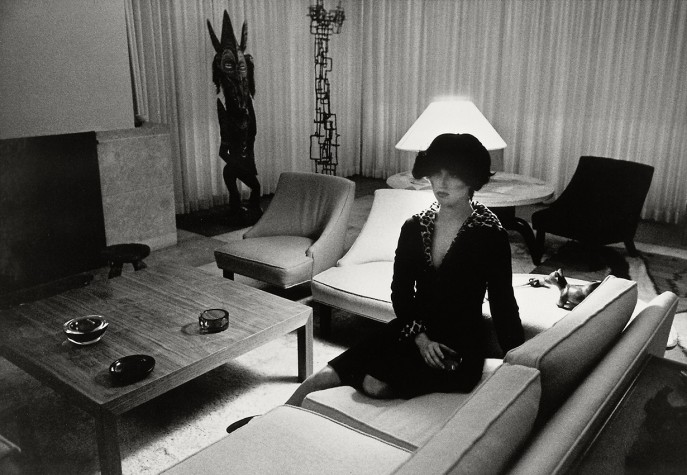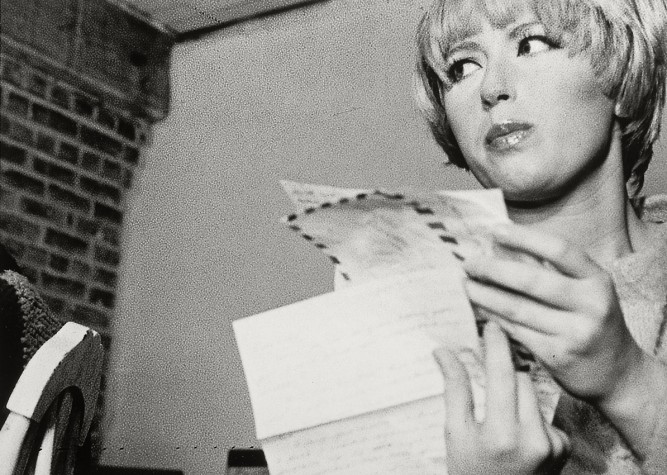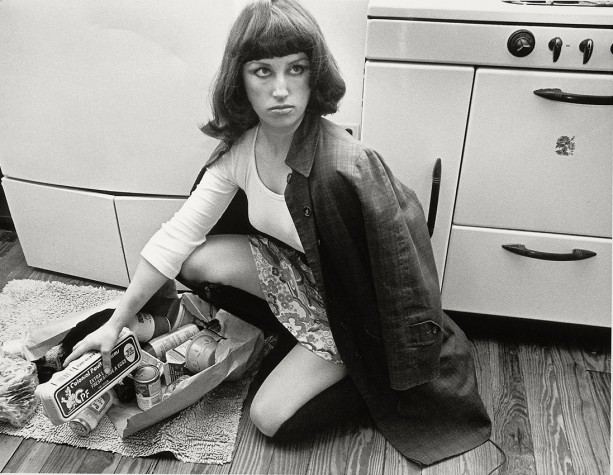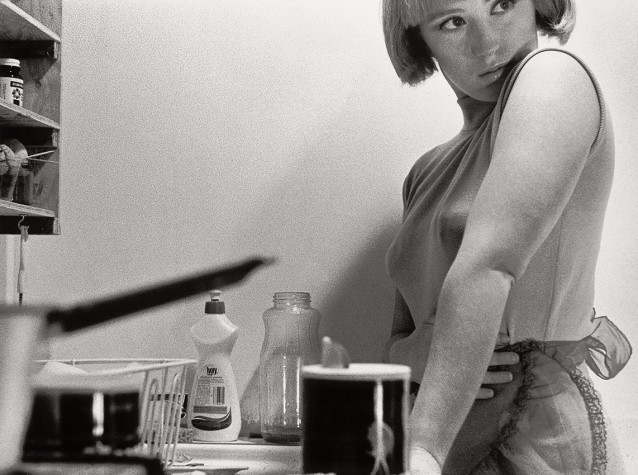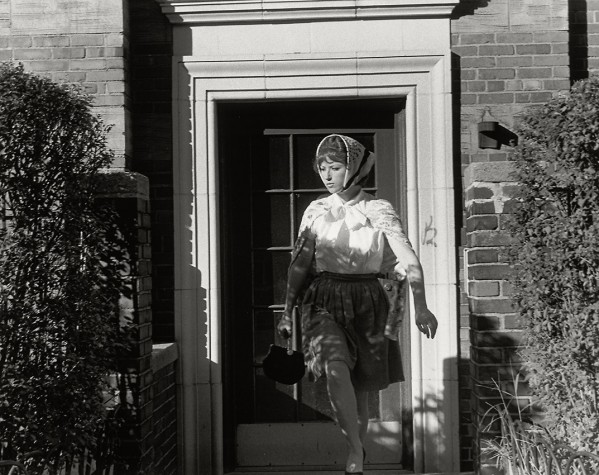 |
| Lucas Zimmerman |
I like the idea of optimizing my life.
A few years after college, I came to the conclusion I was going to die young. It's one of those ridiculous stories that I made up in my head that run contrary to all objective evidence. I'm healthy, and life expectancy is on the rise. It's silly.
But, because of this fear, I try to maximize my experiences and typically make changes quicker (and more frivolously) than my peers. It's my personal version of Vanitas art
It's why I'm an aggressive traveller
It's why I switch jobs so quickly (rather than "sticking it out")
It's why I've moved or "been on assignment" so many times
It's why I barely thought about moving all the way to Singapore
I err on the side of change. I think it's always a good thing.
Lately, I've been philosophizing on how to get the most out of life (sound cliche?) with my boyfriend, Alan.
We've been using this idea of a 10 point scale.
There's 168 hours per week, which I think breaks down as follows:
- Work - 50 hours
- Pleasure - 50 hours
- Sleep / Shower / Other Mundane Activities - 68 hours
Therefore, our general happiness is based on an equal part work and an equal part pleasure. For example, if your work life is a 5 and your home life is a 9, you're averaging a 7 out of 10 happiness. Personally, I don't think it's a possible to achieve a 10 out of 10 on both scales, as a perfect work life requires a lot of personal sacrifices and vice-versa.
It's all a balancing act. Here's two examples where I failed and eventually re-corrected.
Example 1: When I was on consulting & private equity, work and my crackberry (remember that term pre-RIM's fall?) consumed my life. In some ways, it was good -- I worked in a "desired" job field at firms that were a respectable notch below the McKinseys & Blackstones of the world. I worked with kids from fancy university with fancy connections, which put me on a good career track.
Unfortunately, my work happiness quickly dissipated, and my *very* small amount of pleasure time never really made up for it. Eventually, I became miserable, nodding in sad agreement with Dilbert cartoons. After 4 years, I moved to Google, and my score went up.
Example 2: Last year, I had a difficult manager situation (no need to bore you with the details), which turned my Google utopia from an 8 to a 3. No matter how much I invested in cool things outside of work (re: lots and lots of travel), I couldn't fully recuperate. At best, I was at a 6.5, besides the 3 months I was on a rotation, which bumped up life to an 8 (it would have been higher if not scrambling for a new job in the midst).
In typical New Year's fashion (20 days late), I'm thinking through how to really optimize 2014.
Here's the plan for 2014:
Work: I've switched jobs (again) to a role where I think (fingers-crossed) I can maintain a steady 7ish on my self-imposed scale. I'm not radically "changing the world", but I think I can obtain the three drivers of job satisfaction: autonomy, mastery & purpose while getting out of work in under 50 hours a week at a good salary.
Play: Now, for more interesting stuff -- my pursuit of pleasure and purpose outside of work. I'm not going to name any direct resolutions (Derek Sivers says not to), but I'd like to think of my 50 hours of freedom in a couple buckets.
In 2014, I'd like to spend my "play" time each week, equally across 4 buckets:
- Creating: From painting to photography to sous-chefing to app-making (via a developer) to blogging -- I want to continue "making" things for the sake of creating
- Socializing: "All work and no play makes Jack a dull boy" Girl's gotta talk (and drink)
- Exploring: "Go West, young (wo)man" - Horace Greely. I've set a target for the number of new countries I want to hit this year, but again, I won't say because of Derek. Plus, I'm determined to find Singapore's underbelly.
- Learning / Reading: I'm thinking more books & Coursera. Less Twitter.
Note: I need to put exercise somewhere in there. Plus, meditation & maybe volunteering.
 |
| Lucas Zimmerman |










